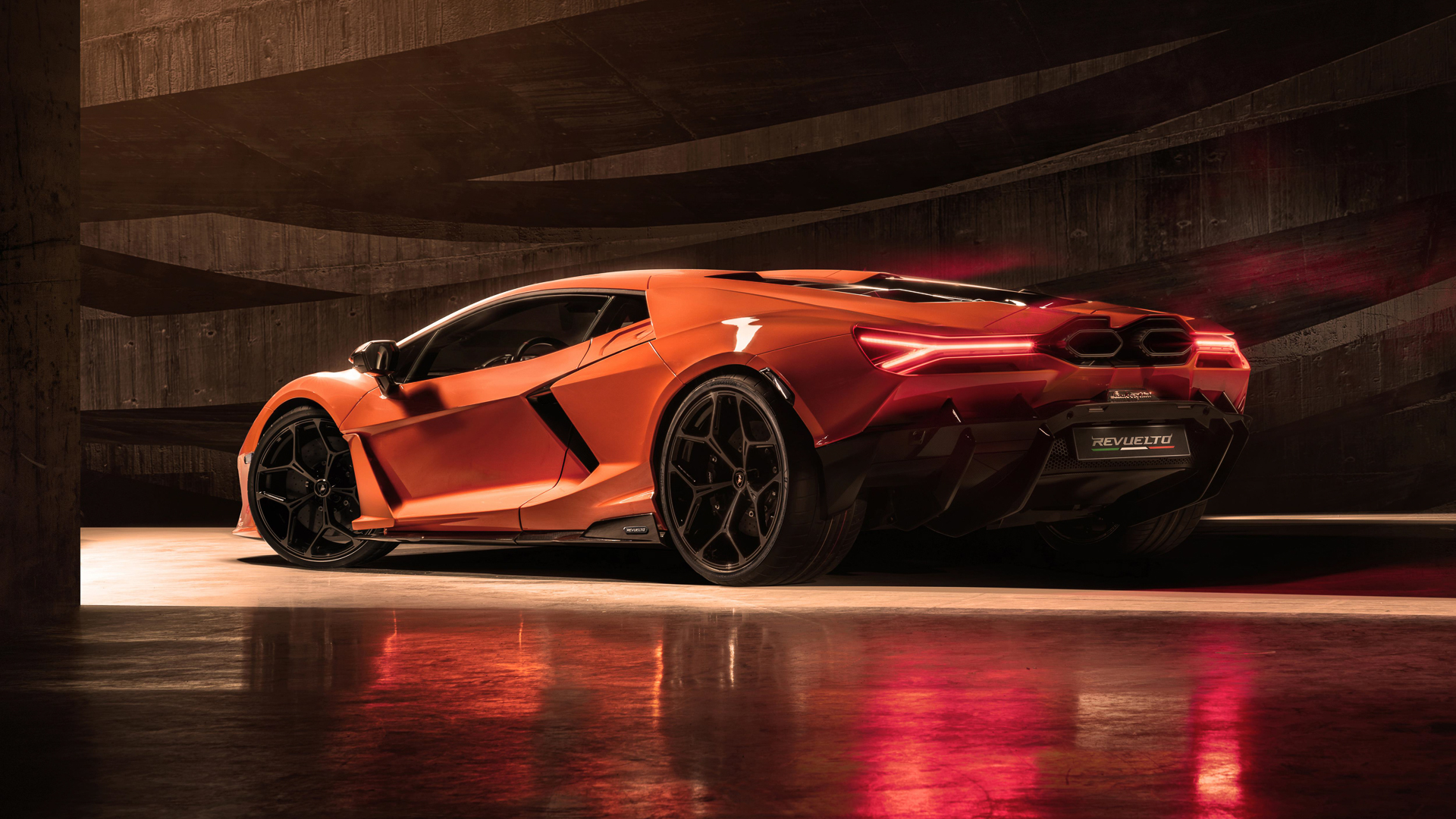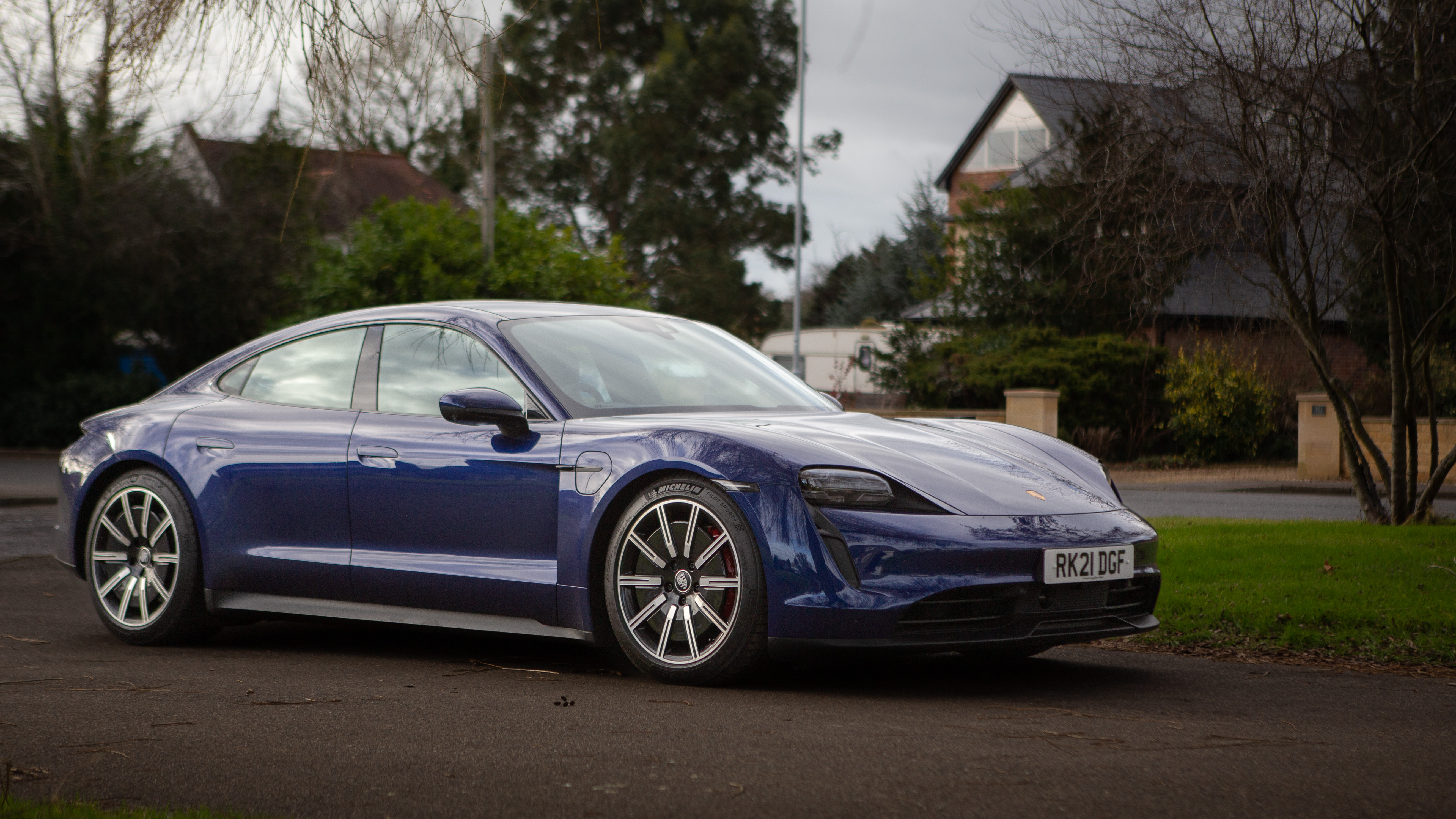The first all-electric Lamborghini will not be a supercar or an SUV
It’ll be an all-new car instead of an electric version of one that already exists


Lamborghini has shed some light on what to expect from its first electric car – and the big news is that it won’t be a supercar or an SUV.
Instead of removing the V8, V10 or V12 engine from an existing car and replacing it with a couple of motors and half a tonne of batteries, the first all-electric Lamborghini will be an all-new car.
That’s according to Lamborghini’s head of design, Mitja Borkert, who told AutoExpress how the new car has the nickname of “a spaceship GT”. Borkert also said the new car “will take 1,000% the design DNA of Lamborghini. It won’t hurt or disturb any of our other model lines.”
This isn’t much of a surprise, given how Lamborghini has previously said it plans to keep producing engines for as long as possible. Its latest flagship supercar, the hybrid Revuelto, has only just arrived and the first hybrid version of its Urus SUV isn’t due until 2024. It would be fair to say Lamborghini isn’t rushing into electrification.
The all-new electric car will use the Scalable Systems Platform (SSP) of parent-company Volkswagen Group. This platform will also be used by the next generation of Porsche Taycan and Panamera, and can be expected to appear on a future version of the Audi e-tron GT too, which is already a close relative of the Taycan, pictured below.

Just as the Lamborghini Urus already shares a lot of its hardware with the Audi RS Q8, so too will the company’s next generation of all-electric cars. This likely means the first Lamborghini EV will be a sleek GT car, potentially with a 2+2 seating configuration with two small seats in the rear.
Lamborghini’s stance was echoed by chief technical officer Rouven Mohr, who told AutoExpress that now is “not the right time for a full-EV Lamborghini sports car”.
Get all the latest news, reviews, deals and buying guides on gorgeous tech, home and active products from the T3 experts
It is already known that Volkswagen’s SSP is designed to work across a wide range of vehicles from every member of the VW family, including Lamborghini, Porsche and Audi, but also Bentley, Cupra, Seat, Skoda and Volkswagen. The platform, which is due to go into production in 2026, will use an 800-volt architecture for fast charging at up to 350 kW.
Alistair is a freelance automotive and technology journalist. He has bylines on esteemed sites such as the BBC, Forbes, TechRadar, and of best of all, T3, where he covers topics ranging from classic cars and men's lifestyle, to smart home technology, phones, electric cars, autonomy, Swiss watches, and much more besides. He is an experienced journalist, writing news, features, interviews and product reviews. If that didn't make him busy enough, he is also the co-host of the AutoChat podcast.
